Part 1: Evolution & Impact of Power Apps and AI Integration
Welcome to part 1 of 4 of our special blog series where we share details on our interview with Ryan Cunningham, the Vice President of Power Apps at Microsoft. We had the privilege of talking with Ryan during Microsoft Ignite in November 2023. During our conversation, we touched on a variety of topics around Power Apps and Copilot, and this series will break down the insights and announcements that were made at Ignite around Power Apps.
What does the series include?
- Part 1: Evolution and Impact of Power Apps and AI Integration
- Part 2: Building Apps More Efficiently and Following Best Practices with Copilot
- Part 3: Enhancing User Experience with Power Apps
- Part 4: Decision-Making and Learning in the AI-Enhanced Development Landscape
Part 1: Evolution and Impact of Power Apps and AI Integration
In this post:
- Community has shaped the development of Power Apps
- Copilot Studio is shaping technology transformation within organizations
- The importance of governance with Copilot and how Microsoft is ensuring appropriate security of businesses’ data
- Microsoft is on a continuous journey to ensure the output of Copilot prompts are high-quality to reduce misinformation
- AI is democratizing development for functional and technical people, making application development more accessible
With Power Apps having evolved so significantly since its early days, could you share a key lesson or insight you’ve gained from this journey?
Ryan: Absolutely, one of the biggest lessons we’ve learned is the importance of listening to our community. It’s not just about creating powerful tools but also about understanding the real-world problems our users are facing. This journey has been about connecting technology with those who need it most, in ways that genuinely add value to their work. Seeing over 20 million users engage with Power Apps recently just underscores the impact of that focus. It’s been an incredible journey of growth and learning.
How do you envision these announcements, especially Copilot Studio and the expanded governance, transforming the way organizations approach software development and management?
Ryan: These innovations are game-changers. By integrating Copilot Studio, we’re making it easier for anyone to build sophisticated, AI-powered applications without deep coding expertise. This democratizes app development, opening up new possibilities for innovation across all levels of an organization. And with the advancements in governance, we’re ensuring that this wave of democratization doesn’t compromise security or manageability. It’s about empowering organizations to rapidly adapt and innovate while maintaining control and compliance. It’s a balance of freedom and framework that truly transforms how software serves business needs.
How does Microsoft ensure the Copilot integrations adhere to complex enterprise security models, especially when handling sensitive business data?
Ryan: Microsoft takes enterprise security very seriously, especially in the AI era. Copilot integrations are designed with the enterprise’s complex security models in mind. This means that access controls, such as role-based access and conditional access, are strictly enforced, ensuring that users can only interact with data they’re authorized to access. Our advantage lies in our deep understanding of these security requirements, from role-based access control to data sovereignty, making our AI experiences not only innovative but also trustworthy and compliant at an enterprise level. It’s about enabling businesses to confidently leverage AI, knowing their data is secure.
With the rapid advancements in AI and its integration into tools like Copilot, how does Microsoft ensure the quality of the code generated, especially considering the varied best practices in software development?
Ryan: Microsoft sets high-quality standards for the code generated by Copilot, preferring to err on the side of caution. If Copilot isn’t confident in its output, it opts not to provide potentially misleading advice. This careful approach underscores the importance of human oversight in the development process. Users are encouraged to exercise judgment and provide feedback, enhancing the system’s accuracy and reliability over time. This collaboration between AI and human insight aims to maintain high standards of quality and adherence to best practices in software development.
How does integrating AI into development tools like Copilot change the landscape for both technical and non-technical users?
Ryan: AI integration into development tools democratizes technology creation by making it accessible to a broader audience. This shift encourages a focus on the valuable expertise individuals bring from their respective fields, rather than on their technical coding skills alone. Copilot acts as a collaborative partner, enhancing users’ capabilities by providing coding assistance, thereby expanding the potential for innovation across all sectors. It’s about augmenting the human workforce with virtual technology experts, making sophisticated development more intuitive and aligned with natural language understanding.
